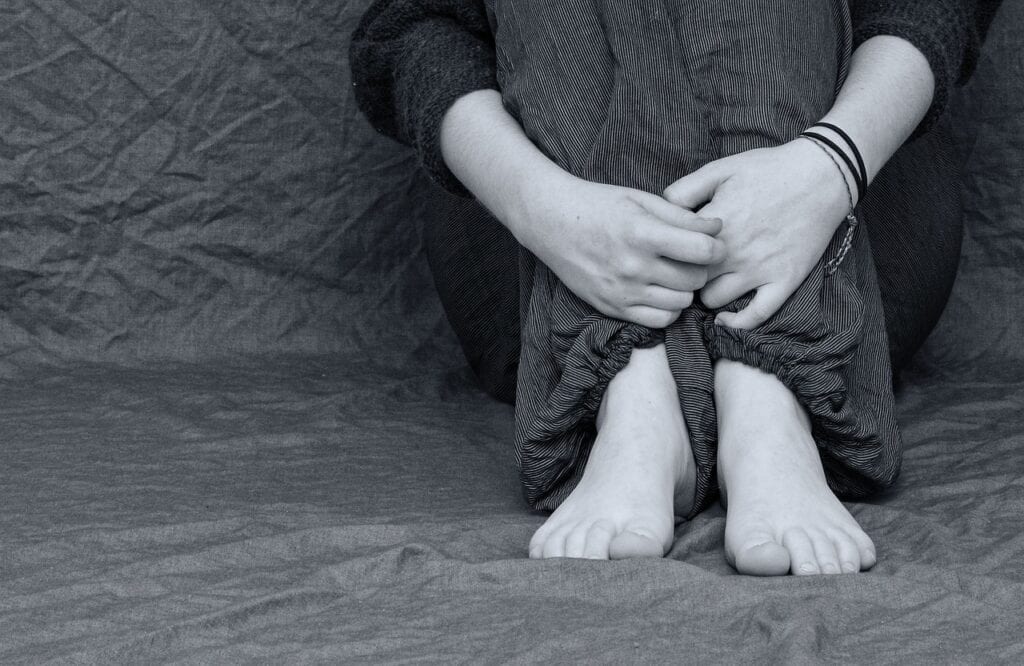by Caitlin Seida from In The Cloud Copy
Isolation as a result of COVID-19 precautions is necessary but can take its toll on your physical, mental, emotional, and spiritual well-being. Depression is by no means rare — an estimated 300 million people live with the mood disorder each year. Although there are a variety of methods to assuage the effects of depression on your life, there’s no definitive cure and there’s no one right way of handling it that works for every person. Exploring some of the different methods that work with your depression can lead to new insights, especially when combined with insight from your doctor, counselor, or other medical professional.
Therapeutic Techniques
Simply seeking help from a medical professional is sometimes enough to abate a depressed mood, according to Psychology Today. Because pharmaceutical treatment can cause unwanted side effects, it’s recommended that anyone considering that route combine it with behavior modification as well. From cognitive behavioral therapy or dialectical behavioral therapy to self-care strategies and complementary therapies that can be done in the safety of your own home and augment (not replace) traditional depression treatment, you’re likely to experience a much greater chance of remission for isolation-induced depression than if you were reliant on medication alone.
Movement
Exercising is a proven way to minimize the symptoms of depression. Study after study has shown that the act of moving your body to the best of its ability level can boost self-confidence, self-esteem and give a temporary lift to the “feel good” hormones serotonin, oxytocin, and dopamine.
Whether you choose to engage in moderate cardio three times per week, daily yoga sessions from the comfort of your home, or rigorous gardening , you’ll see an overall greater mood boost than if you don’t purposefully exercise.
Mindfulness
Meditation – either alone or in conjunction with a yoga workout – can boost your mood, too. Specifically, mindfulness meditation, which encourages the practitioner to observe their own thoughts but pass no judgement on them, can benefit those with clinical depression.
The power of mindfulness is so great, in fact, that an analysis showed that those with chronic depression (defined as three or more depressive episodes) were less likely to feel as depressed when mindfulness meditation was combined with other therapeutic measures.
Supplementation
Nutrition plays a big role in depression, especially since so many of the chemicals that help to alleviate symptoms are born in the gut. It’s not surprising, then, that correcting vitamin or nutrient deficiencies can help relieve some of your isolation-induced depression.
Aside from correcting extant deficiencies, some living with depression have found relief by using alternative herbal and nutritional supplementation, including but not limited to:
- Omega 3 Fatty Acids
- St. John’s Wort
- SAMe
- 5-HT
It’s important to talk to your medical professional prior to trying a supplement: herbs and supplements are not without risk. Those taking prescription medication for any reason need to clear supplements with their doctor to avoid adverse interactions, and there’s always a risk of unpleasant side effects when adding anything new to your regimen.
How to Help Yourself
Coping with depression is a marathon, not a sprint. There’s no overnight magic bullet for alleviating symptom severity. By being proactive and implementing a variety of complementary therapies and techniques to help with your depression, you’ll feel empowered and encouraged. Remember that no two people are alike, and that many – especially during periods of isolation – are doing their best to deal with depression and the sadness it brings.






